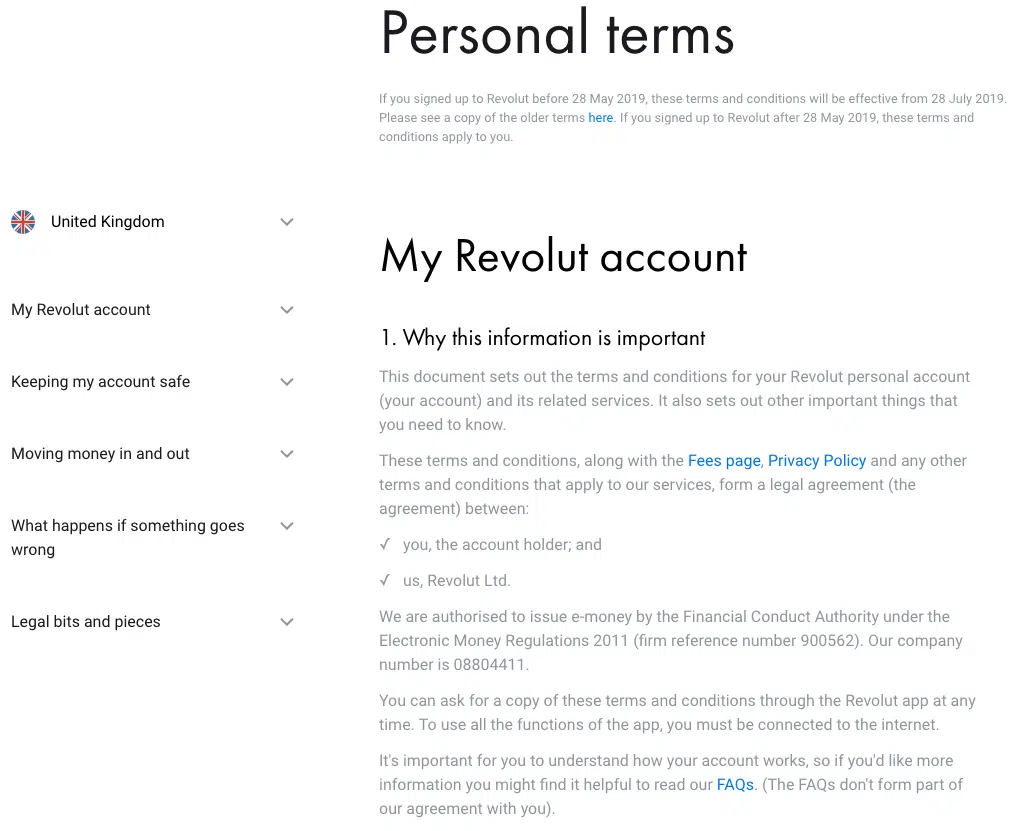Every time someone uses a website or app, they accept its terms and conditions – also known as privacy policies, terms of service agreements or T&Cs.
However, few people actually read these documents. One rights group even created a browser extension that scans and rates companies’ terms in order to detect any potentially troubling clauses.
Legality
Users often avoid reading company terms and conditions because of the dense legal language that makes them hard to read. A journalist from “The Verge” spent one week trying to skim them all and found it took him eight hours just to reach any potentially alarming parts. These legal agreements, also called website legal agreements or terms of service or use agreements can contain rules for using your product, intellectual property terms, copyright clauses, age limitations, termination provisions and even information on applicable governing law pertaining to this agreement.
One of the key aspects of creating legally-binding Terms and Conditions is being able to prove when and who accepted them – either via screenshots or backend records that connect users directly to their agreement. Large companies that conduct much of their business online tend to struggle the most with keeping track of individual acceptance records, which could result in unenforceable Terms and Conditions. A key way to ensure that your agreement is legally enforceable is to display it prominently on your website, during checkout and account sign-up (if applicable). Clickwrap is another great way of making sure users take a proactive role in accepting terms – making sure your contract stands up against litigation.
Disputes
Companies conducting high volumes of business may find it challenging to demonstrate that individual users accepted one version of a Terms of Service agreement at any given time, without using irrefutable evidence such as screenshots of the page at the time of acceptance, or backend records linking a specific user with an agreement. Without such evidence, your legally binding Terms of Service agreement may no longer be enforceable – including clauses that compel arbitration or require litigation in specific jurisdictions; any sections remaining intact should remain so even after your company decides to terminate it.
Liability
Include in your Terms and Conditions a clause specifying that any disputes will be settled through binding individual arbitration, so if your business encounters legal trouble it won’t have to pay expensive legal fees in court proceedings.
An essential component of your Terms and Conditions should include a liability disclaimer that clearly outlines that no damages, losses or costs resulting from using your website or app will be your responsibility. This should be particularly evident if your website provides user generated content.
Your Terms and Conditions should include a section detailing how customers can reach you, such as phone number, email address or physical address so they can contact you if there are any problems. It’s wise to include phone number(s), email addresses and physical addresses for customer convenience in case any arise.
Legally required in the US for businesses is having a Privacy Policy outlining how they will collect, store and process personal data. When customers agree to your Terms and Conditions they are also giving their consent for your Privacy Policy.
If you need a terms and conditions agreement for your business, then it is best to create it from scratch rather than copying an already written one by another company. This is because different jurisdictions have differing laws; thus a set of terms created for US may not fit with how your operation operates in England. Likewise, your terms should include those clauses relevant to how your company functions such as those for governing law and jurisdiction.



